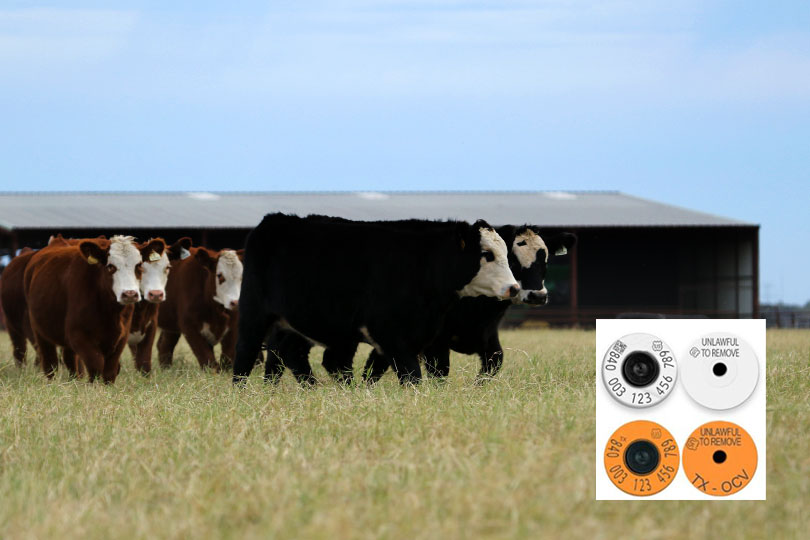Ranchers can continue to use all currently approved methods of identification while the U.S. Department of Agriculture (USDA) continues the rulemaking process regarding Radio Frequency Identification (RFID) tags.
After reviewing 944 public comments from the July 2020 proposal, USDA’s Animal and Plant Health Inspection Service decided not to approve a notice issued last year that would have made RFID “the official eartag for use in interstate movement of cattle.”
An official eartag is defined as an identification tag approved by APHIS that bears an official identification number for individual animals. Under the current regulations, eartags may be used as official identification, and both visual-only metal and plastic tags, as well as RFID tags are current options.
The animal disease traceability (ADT) regulations for cattle apply only to sexually intact beef animals over 18 months of age moving in interstate commerce, cattle used for exhibition, all dairy cattle and rodeo and recreational events.
The regulations permit brands and tattoos as acceptable identification if the shipping and receiving states agree and group/lot identification when a group/lot identification number (GIN) may be used.
Official identification is fundamental to traceability and animal disease programs. In Texas, cattle, sheep, goats, swine and other livestock are subject to official identification requirements as outlined by the USDA and Texas Animal Health Commission (TAHC) regulations.
For more information on ADT, official identification and a no-cost RFID program, visit www.tahc.texas.gov/adt.
APHIS will continue to share news and information about efforts related to ADT and the use of RFID tags, and there will be an opportunity for public comment during the rulemaking process.

